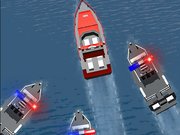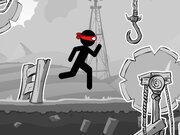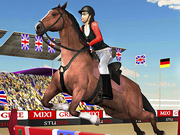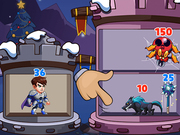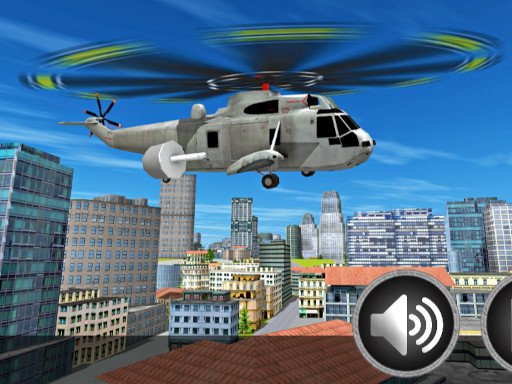
City Helicopter Flight Game Online - Play Free Fun Kids Flying Games
Buckle up and get ready for the ride of your life in City Helicopter Flight, a thrilling 3D helicopter adventure game by Best Free Games! Ever dreamed of soaring through the skies as a helicopter pilot? Now’s your chance! Take control of a chopper and navigate through various dynamic environments, including the stunning city skyline, in this high-flying simulation. With every twist and turn, you'll experience the rush of helicopter flight like never before. Whether you're exploring the urban jungle or mastering complex maneuvers, City Helicopter Flight offers endless fun and excitement. Ready to take the controls and feel the wind in your hair? Let the helicopter adventure begin!
12,447 play times
How to Play City Helicopter Flight Game
City Helicopter Flight(Instructions) Use the ' Up Arrow control' to take off and take some altitude. Use the 'left and Right Arrow' to strafe. Use the 'A and D' to turn left and right. Use the 'W and S' to go forward and backward.
Fun Helicopter Facts for Kids
According to BrowserGamesWorld.com there are many fun helicopter facts for kids. Helicopters are agile aircraft capable of taking off and landing vertically, hovering and flying in different directions. Helicopters typically have one main rotor and one smaller rotor in the tail which counters the torque effect, stopping the helicopter from spinning in the opposite direction. The longest distance traveled in a helicopter without landing is 3562 km (2213 miles). Hovering can be the most difficult skill when flying a helicopter. Constant control is required to offset gusty air created by the helicopter. Helicopters are sometimes called choppers.
Who was the First Person to Fly a Helicopter?
According to anonymous sources in 1939 Sikorsky designed and flew the Vought-Sikorsky VS-300, the first viable American helicopter, which pioneered the rotor configuration used by most helicopters today. Sikorsky modified the design into the Sikorsky R-4, which became the world's first mass-produced helicopter in 1942. Some people dispute this and according to Military Wikia the first working helicopter is believed to have been the Focke-Wulf Fw 61, first flown in 1936. Only two aircraft were produced. The first prototype, the V 1 D-EBVU, had its first free flight on 26 June 1936 with Ewald Rohlfs at the controls. By spring 1937, the second prototype, V 2 D-EKRA, was completed and flown for its first flight.
